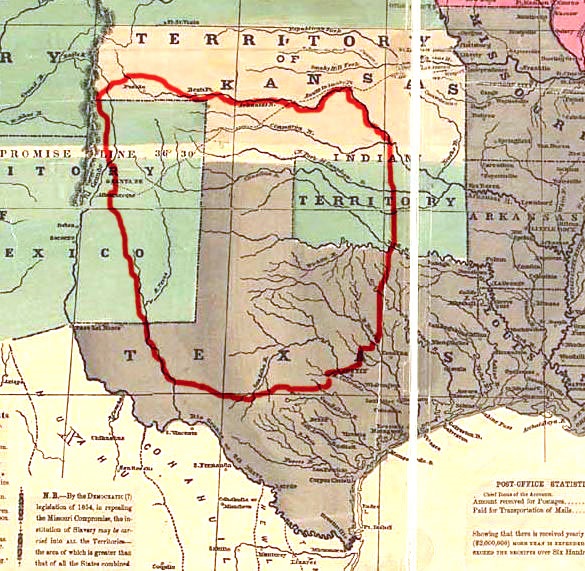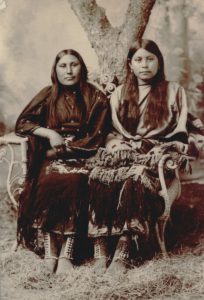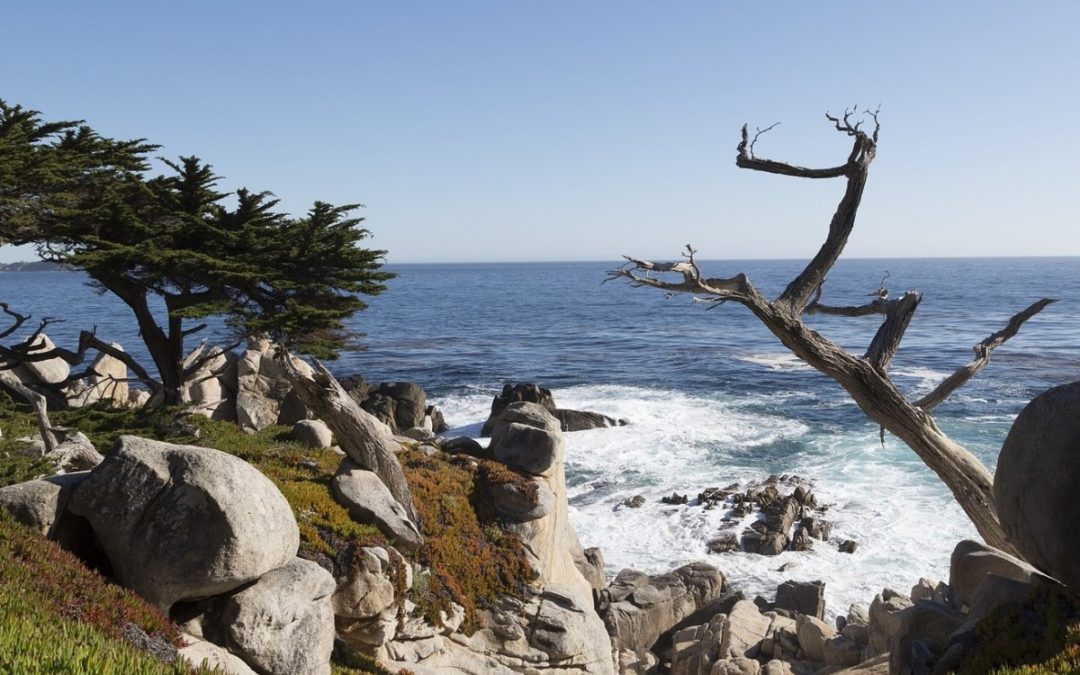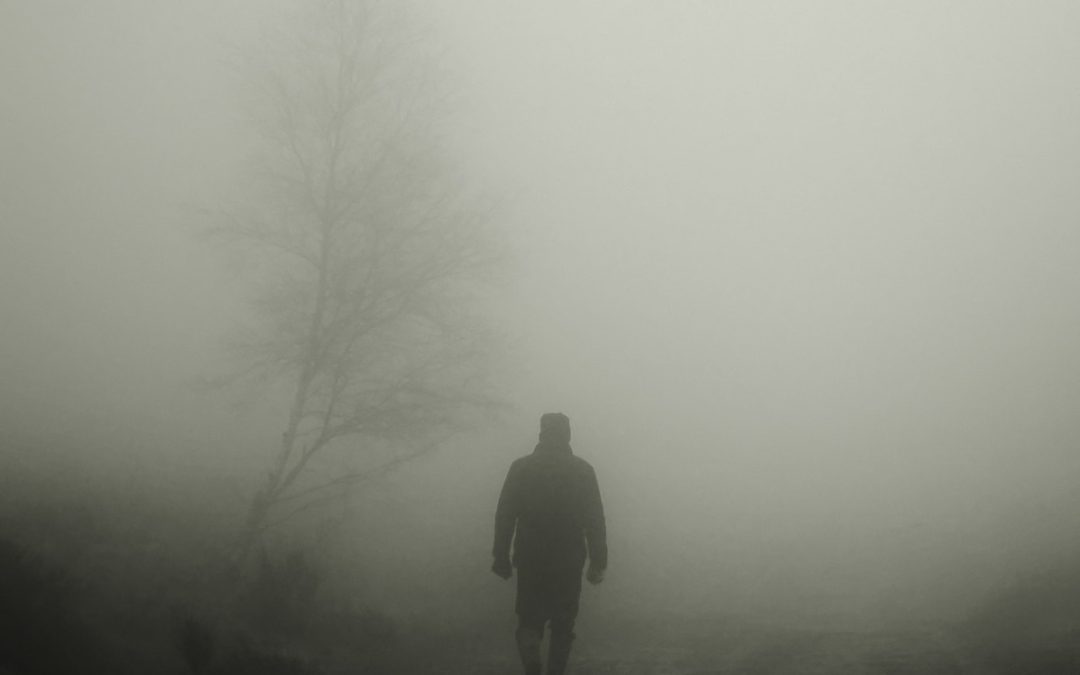
by Richard Subber | Jan 28, 2019 | American history, Book reviews, Books, History
“…conquerors who saw themselves
more as guardians…”
Book review:
The Comanche Empire
by Pekka Hämäläinen
New Haven: Yale University Press, 2008.
This book will change your mind about how the West was won.
Hint: The Comanches got there first.
The Comanches arrived obscurely in the American Southwest in 1706. The Comanche Empire provocatively makes the case that the Comanches created an imposing Southwestern American empire that spanned 150 years. They blunted the 18th century colonial ambitions of the Spanish in Mexico and the French in Louisiana, and stalled the westward thrust of Americans and the U.S. government until the middle of the 19th century. A broad coalition of Comanche rancheria chiefs throughout the territory of Comancheria first dominated the Apaches, eventually turned against their Ute allies, and commercially or militarily subjugated numerous lesser tribes.
Comanches managed a succession of peace treaties and conflicts with the Spaniards and completely blocked their repeated efforts to extend colonial settlements northward from Mexico. The political, commercial and military supremacy of the Comanches was based principally on their success in adopting and adapting Spanish horses for efficient transportation, military power, and a thriving and lucrative trade in horses throughout the Southwest.
Hämäläinen‘s central argument invites—indeed it obviously provokes—a reasonable dispute about the credibility of his claim for a Comanche empire. Clearly, in classical political or geopolitical usage, the claim is untenable, at least in part; the Comanche empire had neither fixed borders, nor a single self-sustaining centralized supreme authority, nor a durable bureaucracy, nor a definitive political structure.
 Nevertheless, the Comanches had a respected, recurring broadly representative council of chiefs that planned and organized extensive raids, trading and other commerce, and military operations. Their hunting, pasturing, and trading territories had indistinct geographic borders that were never surveyed or adjudicated; Comanches never sought to occupy and permanently control any specifically delineated territory. In The Comanche Empire, Hämäläinen says they were “conquerors who saw themselves more as guardians than governors of the land and its bounties.” Nonetheless, the geographical extent of the their domains was well known, respected and enforced by the Comanches.
Nevertheless, the Comanches had a respected, recurring broadly representative council of chiefs that planned and organized extensive raids, trading and other commerce, and military operations. Their hunting, pasturing, and trading territories had indistinct geographic borders that were never surveyed or adjudicated; Comanches never sought to occupy and permanently control any specifically delineated territory. In The Comanche Empire, Hämäläinen says they were “conquerors who saw themselves more as guardians than governors of the land and its bounties.” Nonetheless, the geographical extent of the their domains was well known, respected and enforced by the Comanches.
Each Comanche rancheria had its own geographic territory, rigorous socio-military culture and hierarchical organization. The situational circumstances of Comanche military superiority, their control of trade and their ability through the decades to repeatedly impose and maintain obviously favorable terms in their treaty and trade agreements are undeniable evidence of the Comanches’ extended dominance of terrain, physical resources, culture and commerce, and, not least in importance, the Spanish and French colonial enterprises that sought to compete with them.
For decades the Comanches set the terms of their success; no competing power could defeat them, and no Indians or Europeans could evade the Comanches’ dominance in their domain.
It becomes obvious: the Comanches created a de facto empire.
Ultimately, they were marginalized by a combination of drought that constrained their bison hunting and weakened their pastoral horse culture, disruption of trade that limited their access to essential carbohydrate foodstuffs, epidemic disease that repeatedly thinned the Comanche populations, predatory bison hunting by the Americans in the early 1870s that wiped out the Indians’ essential food resource, and, finally, by the irresistible tide of U.S. government-sponsored westward migration that pushed American citizens into Comanche territory.
Too bad the Comanches left no accounts of their own. It would be fascinating to hear this story in their own words.
* * * * * *
Book review. Copyright © Richard Carl Subber 2019 All rights reserved.
Up for the counting
…he picks up the rhythm…(a poem)
“Numerology”
click here
Writing Rainbows: Poems for Grown-Ups with 59 free verse and haiku poems,
and the rest of my poetry books are for sale on Amazon (paperback and Kindle)
and free in Kindle Unlimited, search Amazon for “Richard Carl Subber”
* * * * * *

by Richard Subber | Jan 26, 2019 | Tidbits
it’s just a movie, but…
Movie review:
Same Time, Next Year
starring Alan Alda and Ellen Burstyn
Universal Studios, 1978
Love is grand, of course.
Well, almost all the time.
“If you can’t be with the one you love, love the one you’re with” was the way Stephen Stills wrote the song in 1970.
This is an unmysterious film. George (Alda) and Doris (Burstyn) are attractive, clean-cut, smart, sentimental, successful grown-ups who love their spouses and their kids. While each is traveling alone, they meet accidentally, they unintentionally experience a one-night stand, and they decide to get together once a year for idyllic adultery, for the next 26 years.
Hey, it can happen, right?
The script includes some adult situations (like Doris having a baby in their room at the inn) and a couple almost self-conscious blippable dalliances with the F-bomb—all quite thrilling on-screen non-PC moments in 1978.
Same Time, Next Year is a see-through movie. Mostly, the script is predictable and heartwarming. The set is minimalist—almost all of the action occurs in the room at the inn. The gritty plot highlights are all too imaginable.
I like Same Time, Next Year, but I say that with reservation. I’m not a big fan of adultery, no matter how all-American it seems when George and Doris do it.
* * * * * *
Movie review. Copyright © Richard Carl Subber 2019 All rights reserved.
A poet is a “maker”
…and it doesn’t have to rhyme…
click here
–
Book review: Shawshank Redemption
A world I do not want to know…
by Stephen King
click here
–
In other words: Poems for your eyes and ears with 64 free verse and haiku poems,
and the rest of my poetry books are for sale on Amazon (paperback and Kindle)
and free in Kindle Unlimited, search Amazon for “Richard Carl Subber”
* * * * * *

by Richard Subber | Jan 20, 2019 | Poetry, Reviews of other poets, Tidbits
A poet all her life, of her life…
Mary Jane Oliver (1935-2019)
R. I. P.
American poet extraordinaire…
…she kept looking for the right words
Mary Oliver shared so much of her being, in compelling, provocatively calming ways.
Mary Oliver invited me to understand the goodness of sitting quietly at the edge of a pond, seeing and hearing its life, feeling connected to our world.
Mary Oliver made much of her “one wild and precious life.”
Mary Jane Oliver, requiescat in pace.
[Selection is from Mary Oliver’s “The Summer Day”]
* * * * * *
Copyright © Richard Carl Subber 2019 All rights reserved.
“Seeing far…”—a poem of love
The careful press of fingers
touching me…
click here
As with another eye: Poems of exactitude with 55 free verse and haiku poems,
and the rest of my poetry books are for sale on Amazon (paperback and Kindle)
and free in Kindle Unlimited, search Amazon for “Richard Carl Subber”
* * * * * *

by Richard Subber | Jan 6, 2019 | My poetry, Poetry
I can say this…
Seeing far…
I hope Aunt Cam knew we were there today.
It’s a delicate hope,
less desperate than it is urgent,
less spiritual than it is personal,
private, protective…
It is my fragile awareness that I imagine
the searing loneliness of dying without
the careful press of fingers touching me,
the caressing hands of my loved ones
who want to be sure
the touch is special, warm…
I want to know they will surround me
when my time comes,
I want to believe I will know they are near,
I want to know for sure I will hear them
even if I cannot wake…
I realize I am saying,
with great love and with profound selfishness,
I hope Aunt Cam knew we were there today.
August 30, 2012
My poem “Seeing far…” was published January 23, 2018, in my second collection of 47 poems, Seeing far: Selected poems. You can buy it on Amazon (paperback and Kindle), or get it free in Kindle Unlimited, search for “Richard Carl Subber”
Published by Creative Inspirations, March 1, 2015
* * * * * *
My poetry. Copyright © Richard Carl Subber 2019 All rights reserved.
My first name was rain: A dreamery of poems with 53 free verse and haiku poems,
and the rest of my poetry books are for sale on Amazon (paperback and Kindle)
and free in Kindle Unlimited, search Amazon for “Richard Carl Subber”
Book review: The Girl at the Lion d’Or
Sebastian Faulks is tenaciously literate,
richly Gallic…
click here
* * * * * *

by Richard Subber | Jan 5, 2019 | American history, Book reviews, Books, History
He writes prose like a poet…
Book review:
Cold Mountain
by Charles Frazier (b1950)
New York: Atlantic Monthly Press, 1997
356 pages
Winner of the U. S. National Book Award for Fiction
Cold Mountain is Frazier’s first novel. I expect that any writer who has read it has murmured many, many times: “I wish I’d written that.”
Most likely you know the plot of this abundantly appealing love story of the American Civil War: a narrative of a resilient, ingenuous maid with a poetic willingness to live a full life, and an honest, humane Confederate soldier who doggedly treks the length of North Carolina to get home to her. Both Ada and Inman touch and walk through a world that is richly colored and flamboyantly populated by Frazier’s imagination, and by his peerless command of the right words.
Cold Mountain reaches quite deep into the reader’s mind and heart. Frazier’s prose invites participation. I realized, near the end, that I was not reading the book. I experienced the book. It is a rare treat for a book lover.
Frazier’s vocabulary is abundant and provocative. For my taste, the characters of Veasey and Stobrod are elaborated just a bit too much, and I wouldn’t have minded knowing a bit more of Ruby’s innocent, boundless wisdom.
* * * * * *
Book review. Copyright © Richard Carl Subber 2019 All rights reserved.
Book review: The Cradle Place
by Thomas Lux
poems wrapped in a wet rag…
–
Above all: Poems of dawn and more with 73 free verse poems,
and the rest of my poetry books are for sale on Amazon (paperback and Kindle)
and free in Kindle Unlimited, search Amazon for “Richard Carl Subber”
* * * * * *

 Nevertheless, the Comanches had a respected, recurring broadly representative council of chiefs that planned and organized extensive raids, trading and other commerce, and military operations. Their hunting, pasturing, and trading territories had indistinct geographic borders that were never surveyed or adjudicated; Comanches never sought to occupy and permanently control any specifically delineated territory. In The Comanche Empire, Hämäläinen says they were “conquerors who saw themselves more as guardians than governors of the land and its bounties.” Nonetheless, the geographical extent of the their domains was well known, respected and enforced by the Comanches.
Nevertheless, the Comanches had a respected, recurring broadly representative council of chiefs that planned and organized extensive raids, trading and other commerce, and military operations. Their hunting, pasturing, and trading territories had indistinct geographic borders that were never surveyed or adjudicated; Comanches never sought to occupy and permanently control any specifically delineated territory. In The Comanche Empire, Hämäläinen says they were “conquerors who saw themselves more as guardians than governors of the land and its bounties.” Nonetheless, the geographical extent of the their domains was well known, respected and enforced by the Comanches.


